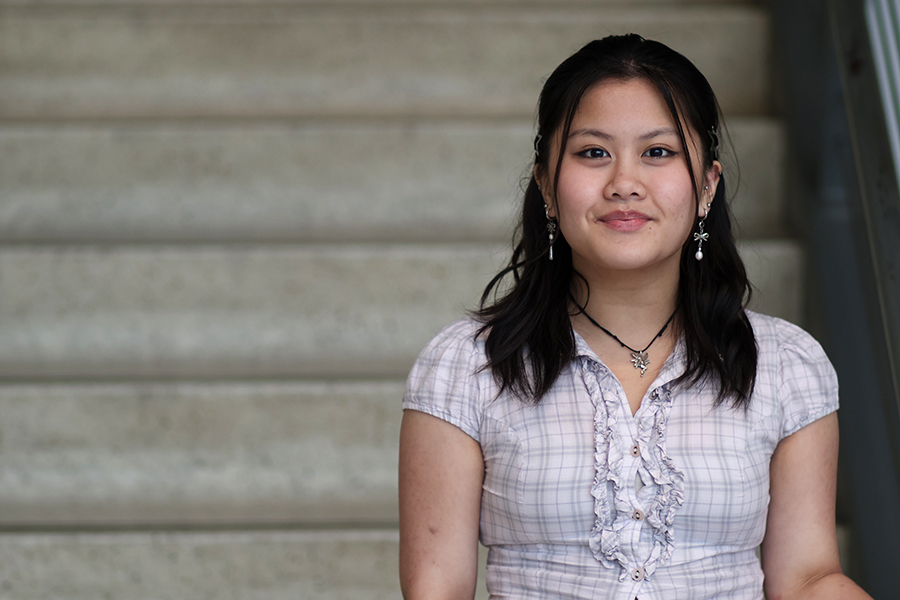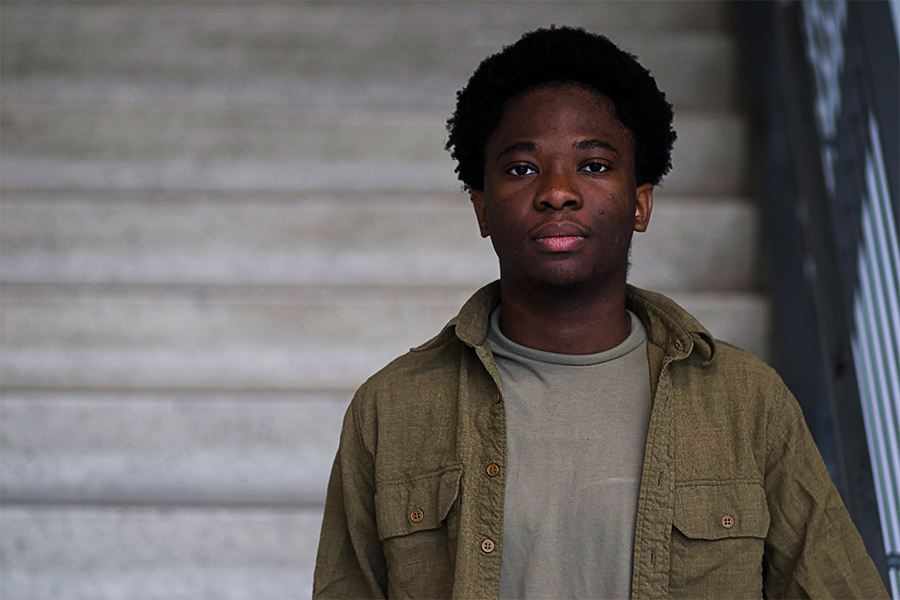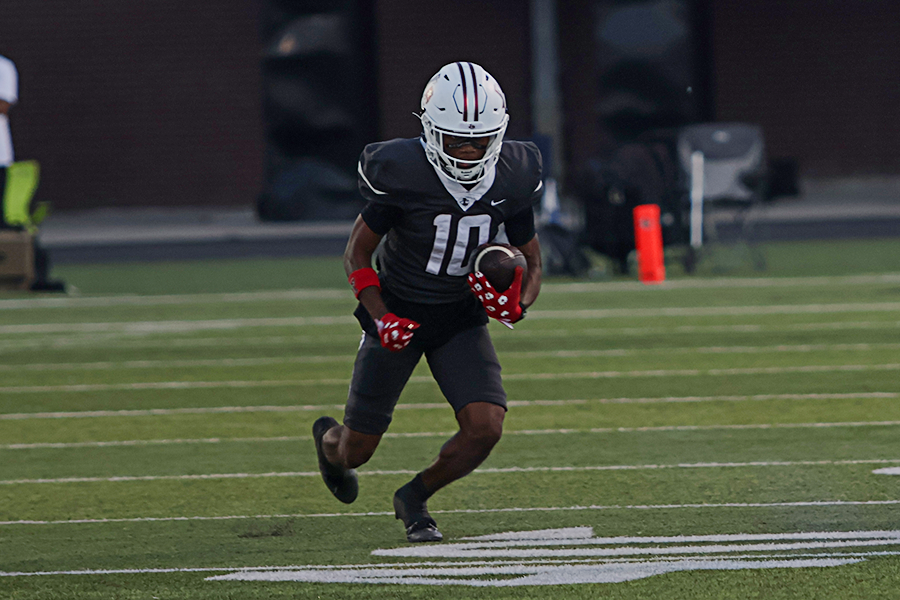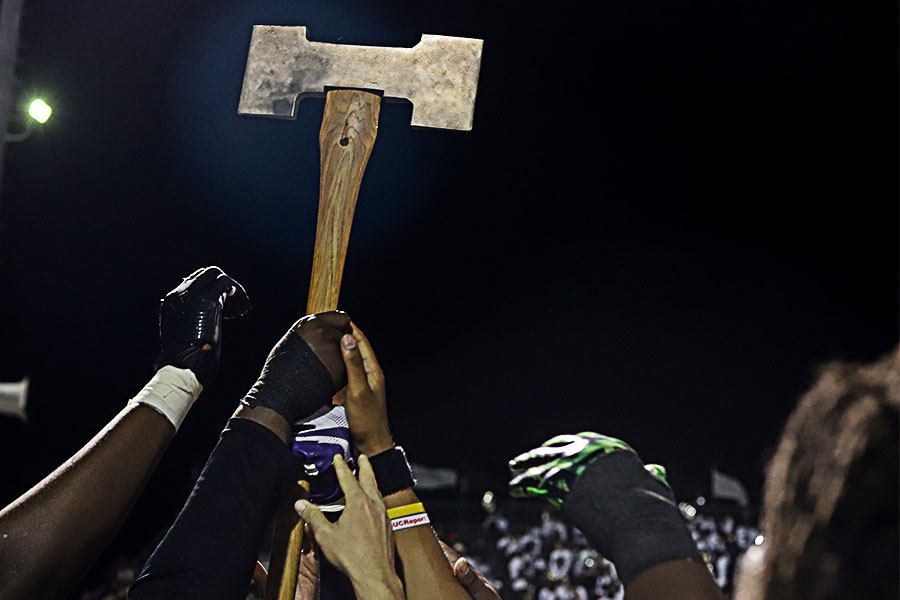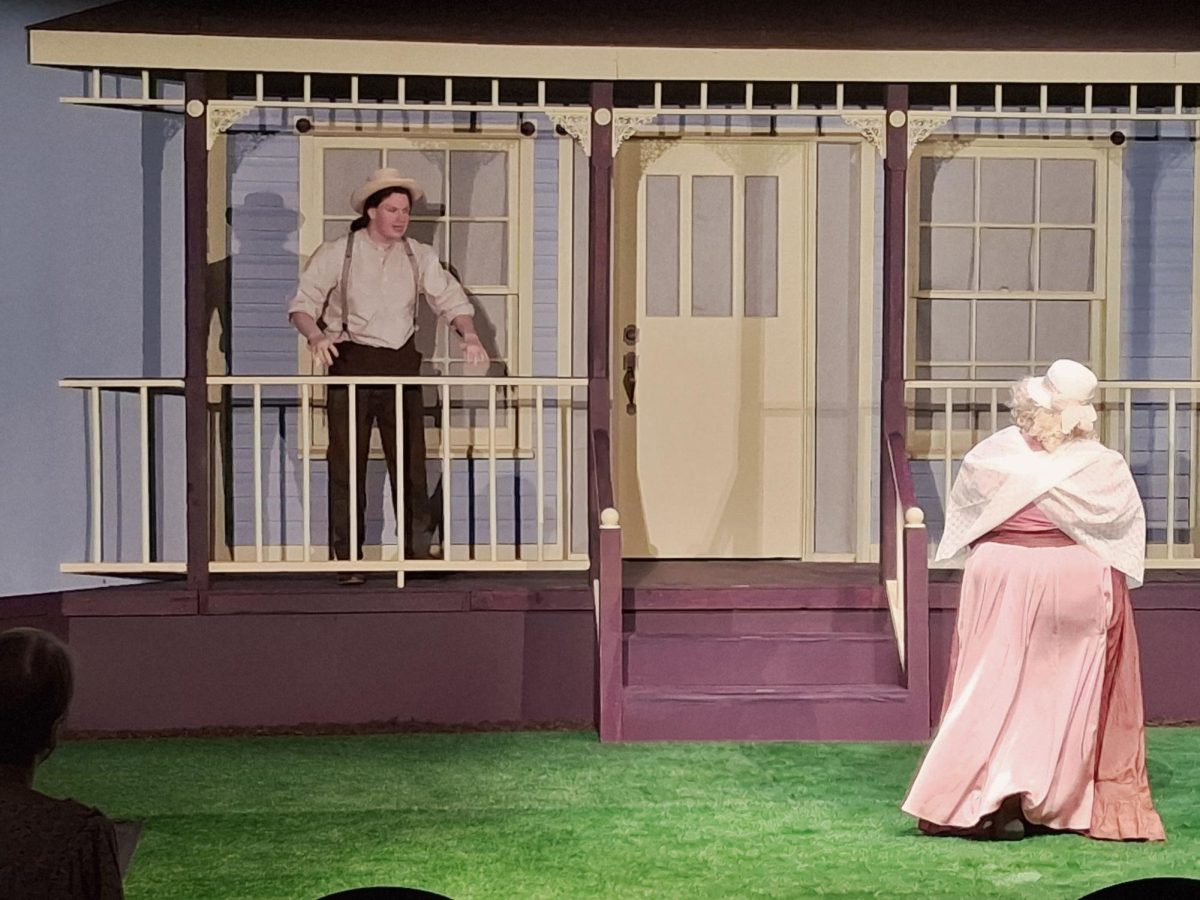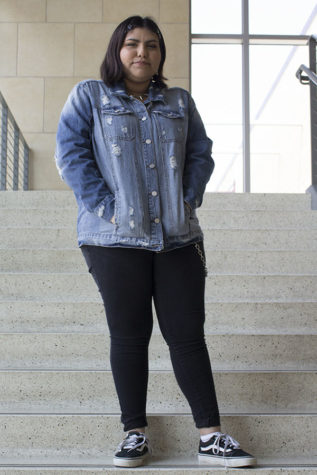It’s the first day of kindergarten and three sisters nervously hold hands as they take in their new surroundings. Teary-eyed kids wail as their mothers rush past the door and the teacher frantically tries to welcome her students despite the chaos. Dressed in uniforms, with curious gazes and sweaty palms, the girls are about to enter class until they realize they will be separated from each other for the first time.
“Growing up as a triplet, I’ve always had my sisters Mahek and Samiha to rely on,” junior Nida Jaffer said. “We were inseparable. We’d do everything together, share clothes and even take baths together.”
The three sisters were born on Nov. 8, 2000 and were initially thought to be twins, but to their surprise, parents Sameer and Tazim found out they were going to have triplets.
“The third heart beat was found on Mother’s day,” Sameer said. “We were surprised [at] first, my wife cried out of joy and we were both happy with the news.”
Despite the happiness the triplets brought them, Sameer and Tazim go through an extra amount of effort and difficulties to raise three kids at the same time.
“We went through plenty of diapers and food,” Sameer said. “The most difficult times were the first two years, as they needed to be fed every three hours and the cycles would be nonstop from one child to another. And there are no hand-me-downs, they all had to have new everything.”
During preschool, the triplets shared a class together. But as they approached to enter elementary school, Tazim decided she wanted her daughters in separate classes.
“My mom had asked the school to put us in different classes so we would be able to make friends and not just stick to each other,” Nida said. “So we were pretty much separated but we still kind of knew that we had each other.”
As the girls grew up, their relationships with each other and their bonds grew stronger. After years of living together and supporting each other through every critical stage of their lives, the sisters developed a sense of loyalty toward one another.
“When I go through something bad, one of the first people I go to are my sisters,” Nida said. “I remember on the first day of kindergarten when we were seperated, I was so upset because I wanted to be with my sisters.”
Along with the growing bond between the trio, there were also moments when the girls faced limitations and had to give up personal possessions.
“Growing up on birthdays, people would give us the same gift, just one gift and I hated sharing it,” Mahek said. “And I didn’t really want to share things because being a triplet, you have to share everything with your sisters.”
Additionally, another problem that the siblings encounter is when teachers, relatives or their peers compare the girls to each other.
“They think we’re automatically going to be [alike],” Mahek said. “Because people have that first impression and in middle school, kids would be scared to come up to me because they thought I was a certain way because Samiha was a certain way or they thought Nida was like going to be a certain way because I was a certain way.”
This comparison also drives the sisters to be competitive with each other as classmates, which was apparent in their biology class during their freshman year.
“Mahek and I always did better than Samiha in class,” Nida said. “But when we took our biology STAAR test, surprisingly Samiha got a better score than both me and Mahek and she was so happy that she actually framed her test results by her bed.”
But this competitiveness also unintentionally caused the triplets to be compared even more, because teachers would compare their work ethics.
“Nida would always get the best science grades, I would always get the best reading grades and Samiha would get, I don’t know what she would get,” Mahek said. “But it was always like a game and so when we all had the same classes together it was like we were competing against each other so much.”
Because the sisters share similar traits and features, most people share misconceptions that the triplets are identical or share the same persona.
“People think we all look the same or act the same,” Samiha said. “We are totally different people. It just sucks because it feels like you can’t be your own person when you have a sibling that’s the same gender as you and the same age as you, people just don’t understand that.”
Although triplets are considered to be rare, Sameer has been able to bond and connect with parents of other triplets.
“[My wife and I] have friends with multiple births,” Sameer said. “We recently somehow connected with parents of triplets at a convention and the meeting was very surprising as we found out of our multiple births.”
As the girls finish up their junior year, the idea of graduation scares the sisters because it implies that they will be separating from each other for the first time.
“I’m scared but I’m glad,” Nida said. “I’m afraid of being alone and away from them, I’ve been with them for every second of my life and that separation is something that scares me. But I also know that I need it so I can be independent. I’m going to miss my sisters like no other, they have been my support for my entire childhood and I know that they are always going to be there for me.”

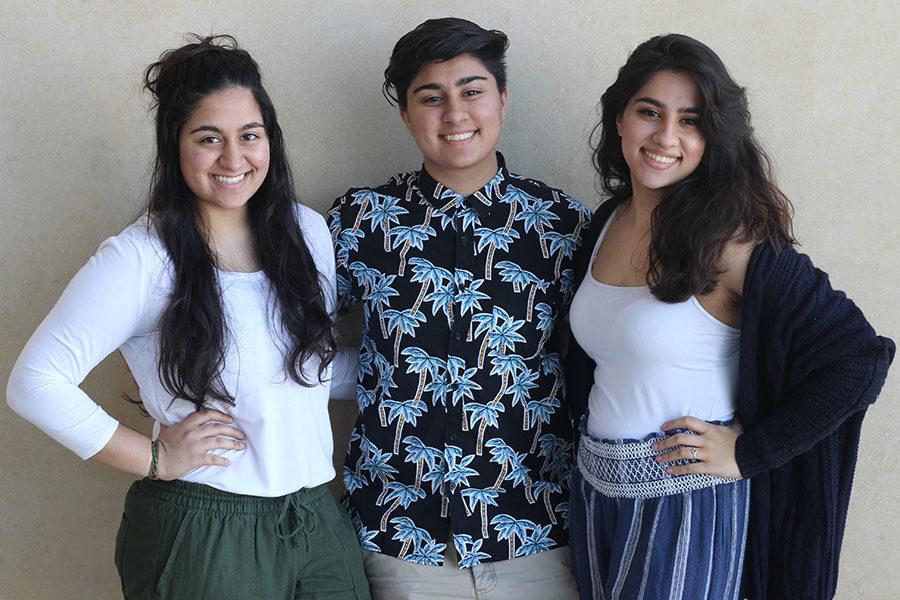
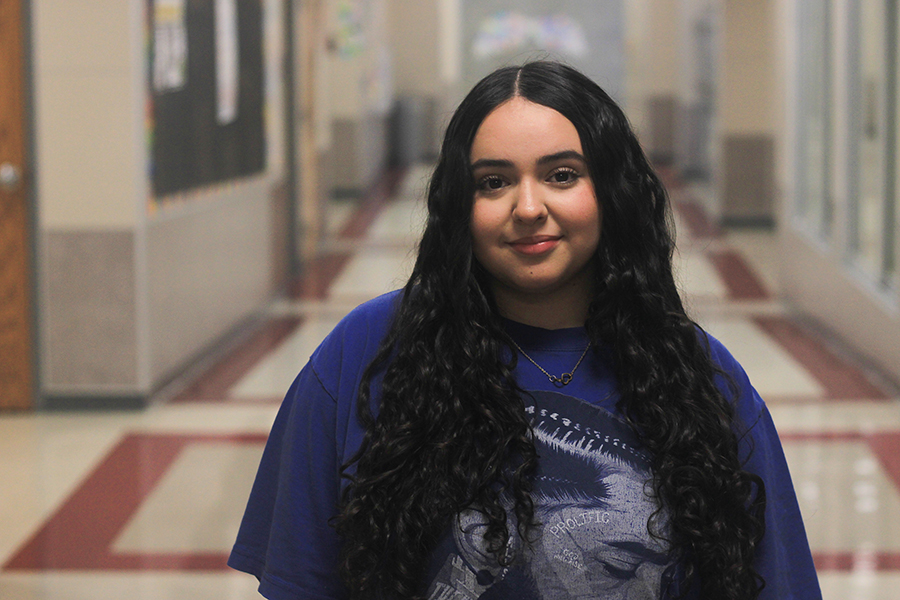
!["I hope to become fond [of] and understand the new dynamic of a life where I don't really have boundaries set by another person, but rather more of a liberal freedom."](https://farhar.net/wp-content/uploads/2025/05/topten9.jpg)
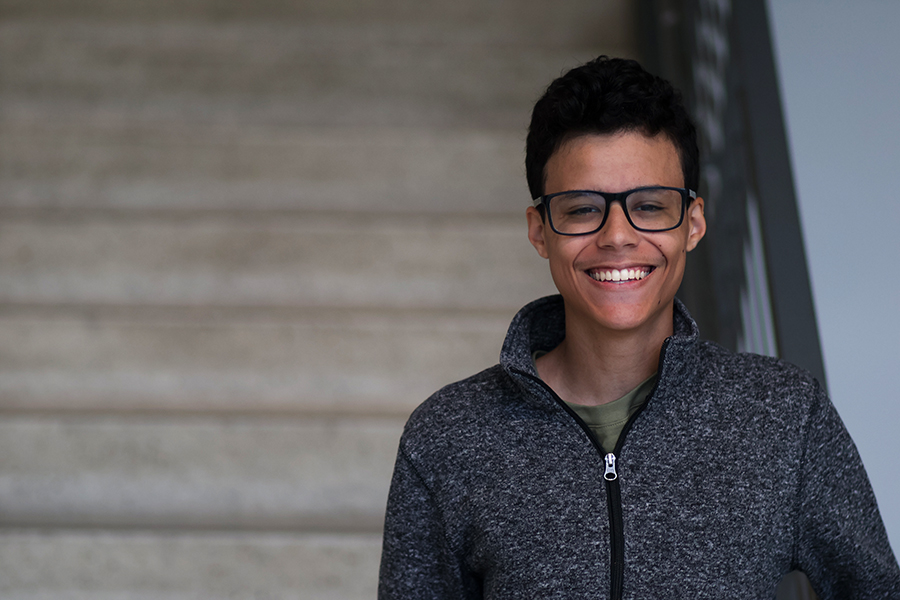
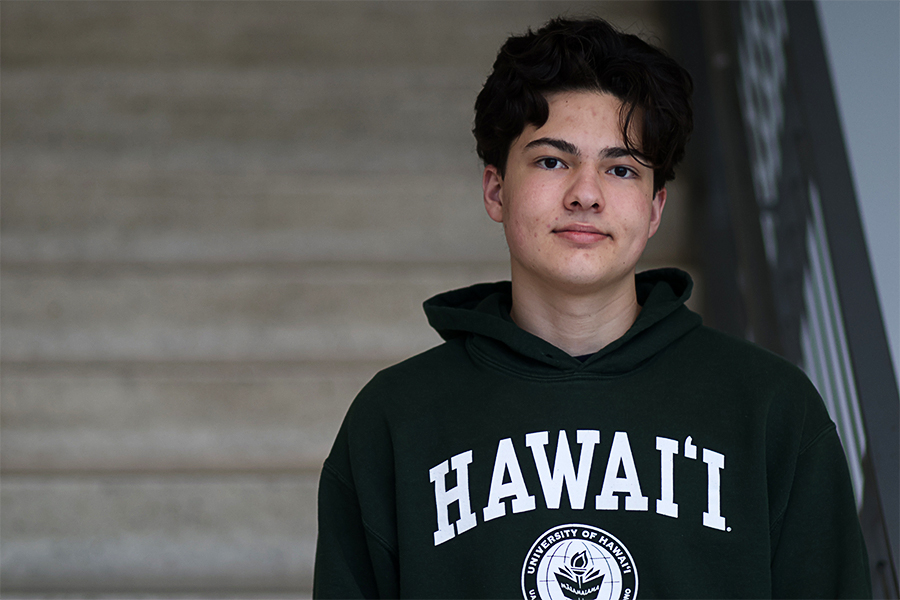
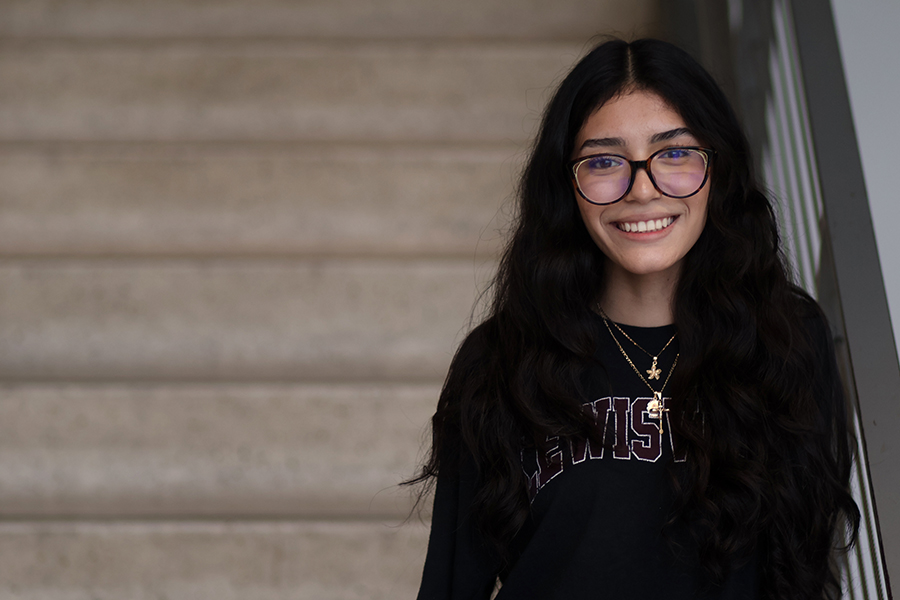



!["Learning is a really important aspect of high school – that's why we're here. I think the whole top ten thing can also encourage somebody [to] focus on grades and not the actual learning."](https://farhar.net/wp-content/uploads/2025/05/topten6.jpg)
